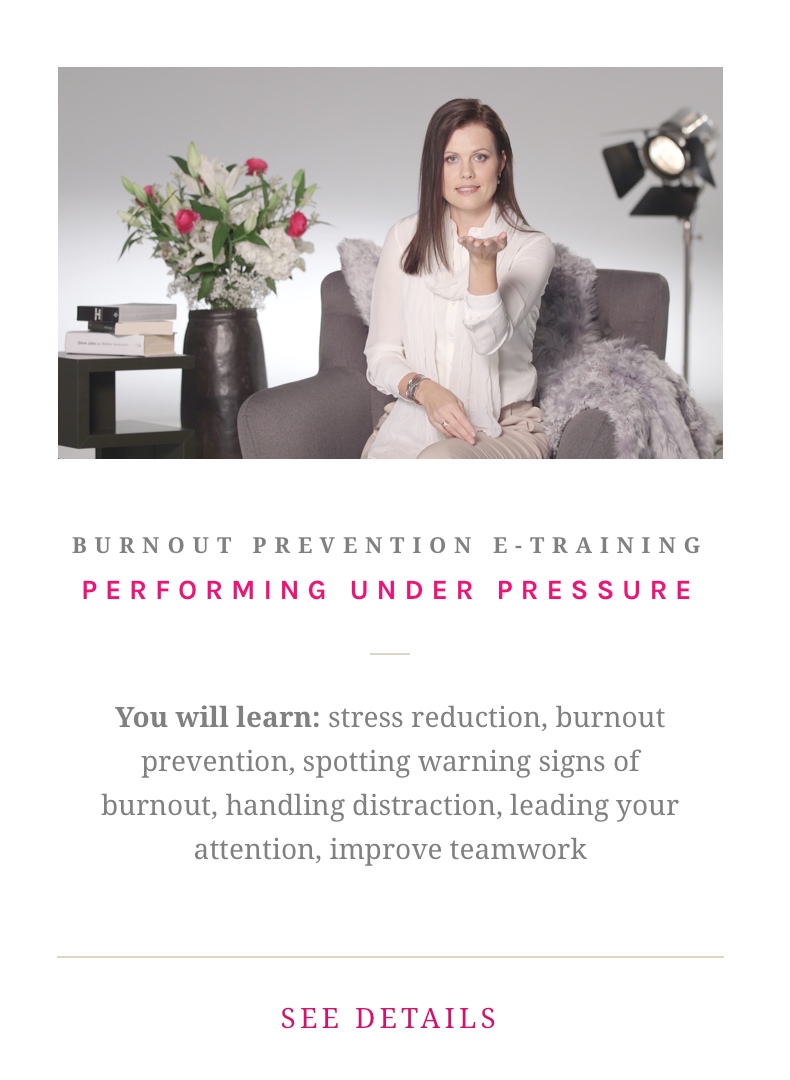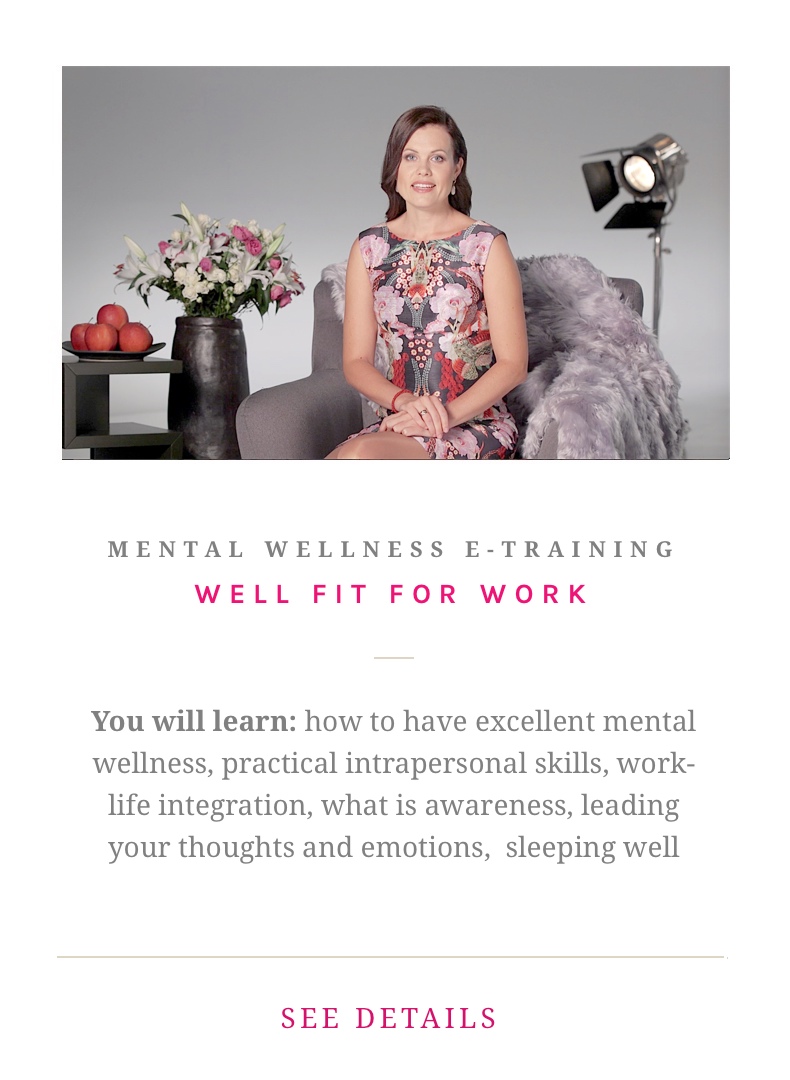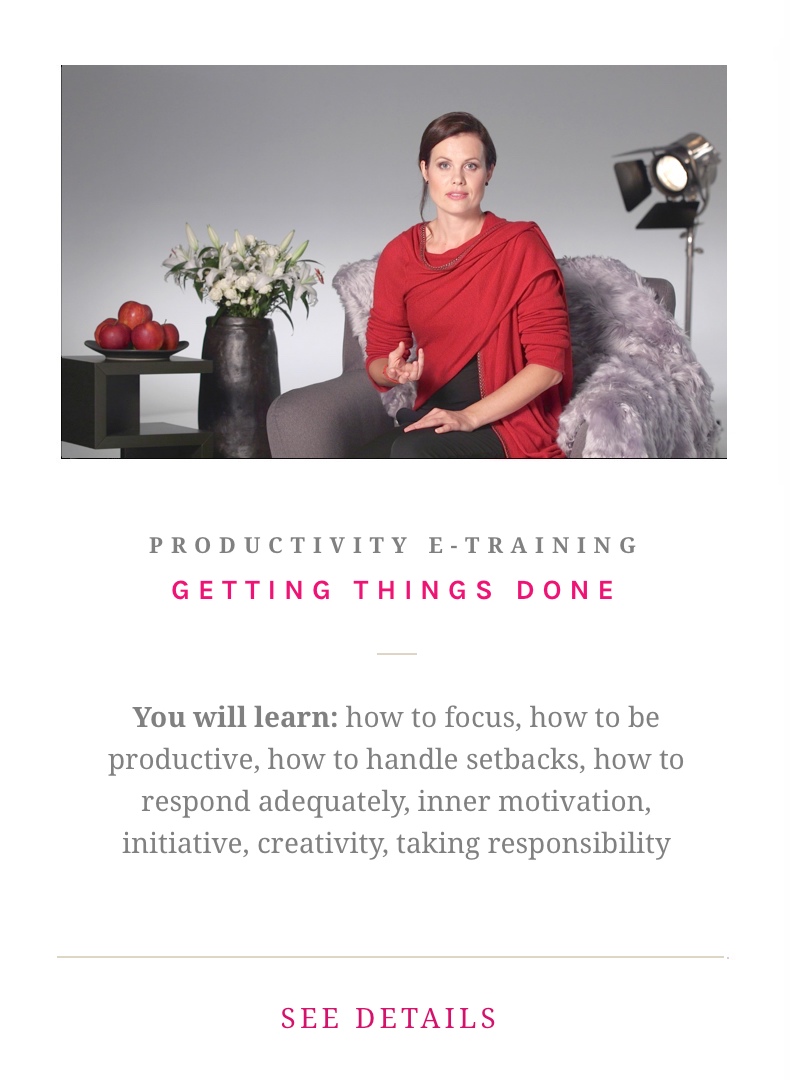Wellness Orbit was founded to start a mental wellness revolution. Our team is committed to preventing mental health issues that may develop throughout one's lifetime.
Mental health in the workplace goes beyond just spotting and dealing with mental illness.
Mental wellness is about creating a healthy work environment and supporting employees' overall well-being.
While mental health and mental illness are not the same thing, many people use them interchangeably. Mental health refers to your overall psychological state of wellbeing, while mental illness is a diagnosable condition.
Mental illness is the result of not knowing how to secure excellent mental wellness.
The need for a systematic, proactive mental wellness approach
Dr. Helena Lass writes in her scientific paper: "When it comes to mental health and health of the inner in general, the main focus has been on disorders and the cure. This narrow approach has left people feeling that mental wellness has no relevance in life unless a mental illness occurs.
In reality, all humans possess an internal realm and experience intra-personal events on a daily basis, such as feeling emotions, learning, thinking, planning, focusing, and leading our attention, having the ability to investigate, gaining insight, etc.
Mental wellness, in its rightful context, would mean a certain ease in directing those internal processes. This becomes possible if we can differentiate between specific intra-personal functions and understand their patterns and combinations. This cannot be reached as long as all inner processes are lumped together simply as "the mind". Besides being too abstract and vague, the current terminology does not highlight another matter of high importance - the distinction of the Self and the intra-personal functions that can be led by the Self."

This scientific paper by Dr. Helena Lass was an important milestone in the global mental wellness revolution.
Instead of just reacting to problems, we need to understand who we truly are, as this allows us to become proactive. For this, we need to understand our True Self, discover the benefits of awareness, and learn to notice different processes within our minds.
The need for a proactive mental wellness approach comes from the fact that for decades mental health approach has been reactive, as we lack intrapersonal education.
As Dr. Lass writes in her paper, "The majority of methods in psychology have been developed as forms of intervention for a therapy setting, not as proactive education." So, training leaders and employees in mental health first aid is a good start, but it isn't enough.
Investing in mental wellness
Investing in intrapersonal education and awareness programs builds a strong framework for exploring human capacity that allows everyone to stay mentally well.
While learning about mental health conditions is important, it's equally important to know how to approach, assist, and support colleagues who might be struggling before their anxiousness, stress, and burnout turn into mental health issues like anxiety disorders and depression.
Investing in mental health education and raising mental health awareness is a critical area for workplaces today. Employers and employees both win from a proactive approach.
Investing in mental wellness training isn't just a proven way of preventing mental health issues; it will bring several benefits. Improvement in employee engagement and easier access to creativity and intuition are direct results of improving intrapersonal skills.
As a result of mental wellness investments, employers see a boost in productivity.
The benefit of having practical intrapersonal skills is that people can now start to notice the early warning signs of stress, burnout, anxiety, and depression within their minds.
We can prevent the mental downward spiral only when we know how to observe our inner domain and take action to sustain our mental wellness.
Let's illustrate this with a short story.
While coffee provides a quick jolt, it can tax our adrenal glands, leading to crashes and jitters. Herbal teas and water, on the other hand, offer sustained hydration and can even have targeted benefits. Green tea, for example, is packed with antioxidants that fight cell damage, while chamomile tea promotes relaxation.
Coffee supports short-term action, herbal teams support long-term inner wellness. Similarly, positive stress can give short-term good results, but spoil your health in the long run, just like coffee or tobacco products, while intrapersonal skills give you long-term personal sustainability.

Make a cup of herbal tea and relax, so that your body and mind can restore their power.
When we're fully present in the body and more aware of its signals, we're less likely to overwork and get stressed. A fit mind is always interested in having a fit body.
A calm mind is better equipped to make healthy and conscious choices.
A fit mind always asks: Does what I do give me a temporary boost or lay the foundation for long-term well-being, creativity and productivity?
A stressed mind just runs on fight or flight mode and thus can't notice how to solve different challenges. It is nervous and worried and thus can't focus.
INTRAPERSONAL SKILLS SECURE OUR MENTAL WELLNESS
Mental wellness revolution is, above all, making training our minds normal. Just as the muscles of our body are plastic and trainable, so is our brain. This phenomenon is called neuroplasticity.
Neuroplasticity is a general umbrella term and refers to our brain's brain's amazing ability to adapt and change.
Neuroplasticity ensures that our human brains can keep learning and rewiring themselves throughout our lives. Unlike a fixed muscle, the brain constantly modifies its structure and function based on our experiences. From daily habits to the skills we develop, everything shapes our brains.
As Dr. Lass writes in her paper. "The evidence from studies allows the conclusion that the activation between the 'mind' and the brain is regulated through constant feedback loops. Simply put, thoughts and emotions, regardless if they are automatic or intentional, activate a circuit, and repetitive activation of circuits turns a state into a trait, an emotional-mental habit."
She adds, "Focusing on intra-personal skills allows us to move towards an education that acts as primary and secondary prevention at the same time, not being a form of therapy and rather a segment of education on basic life-skills."
While we often prioritize physical fitness and professional skills, we rarely consider training our inner world.
The good news?
We all can learn to manage events in our inner domain, not just react to them and suffer due to them. Many people are unaware that they have the power to control their inner landscape and even let go of unwanted thoughts and emotions. Our lack of intrapersonal education is what we need to overcome by learning practical intrapersonal skills.
Too few people are aware that it is our anxiousness and stress that start the slow downfall. Work-related burnout, depression, anxiety and other mental illnesses all develop gradually; those are processes that we fail to notice as our inner changes are extremely slow processes.
Failure to notice and know how to deal with stress (especially positive stress) is what leads to pressure, chronic stress and then to burnout. By feeling anxious our fears are magnified, and so the slowly growing anxiety and fears pave the path to anxiety disorders.
The true value of personal responsibility
A genuine change can only happen if we are willing to acknowledge the essence of personal responsibility and acquire proper intrapersonal skills that support our mental wellbeing. Our aware ability to respond is what gives us freedom and allows conscious choices.
However, a lack of intrapersonal skills means that our stress and anxiety accumulate and slowly lead to various physical and mental health issues. It is our commitment to learning to lead the intrapersonal processes that give us the inner power to avoid personal trauma and prevent work-related productivity and engagement problems.
The poll from the Pew Research Center stated that "73% of Americans reported feeling anxious at least a few days per week since the onset of the pandemic. Between mid-February and mid-March 2020, prescriptions for antianxiety medications increased 34%. During the week of March 15, when stay-at-home orders became pervasive, 78% of all antidepressant, antianxiety, and anti-insomnia prescriptions filled were new (versus refills).” So, today, our mental health depends too much on external factors, as we lack intrapersonal skills and mental wellness training.
Once you have proper intrapersonal skills, it becomes possible to secure your individual mental wellness.
The proactive mental wellness approach works when it is seen as a comprehensive, holistic approach that secures a healthy mind. Such an approach is suitable regardless of your location.
The shift to remote and hybrid work models has become a major factor in employee mental health. These models can significantly reduce stress caused by long commutes and empower employees to manage their work environment and achieve individually suitable life-work integration.
- Reduced stress level: Less commuting time can translate directly to a happier, less burned-out workforce, provided that people have great intrapersonal skills that support mental wellness and self-leadership;
- Increased control: By offering flexible work hours, employees can better manage personal commitments and create a work schedule that suits their needs. This can significantly reduce job strain and improve overall well-being;
- Targeted benefits: Remote and hybrid models offer particular advantages for single parents, caregivers, and those dealing with mental health concerns, as flexibility is especially helpful for them;
- Improved productivity and focus: Studies have shown that employees who work remotely or in hybrid models can experience increased productivity due to fewer distractions and the ability to work during their peak hours. This translates easily to improved work quality and efficiency;
- Enhanced employee engagement: Remote and hybrid models can foster a sense of trust and autonomy in employees, leading to greater engagement with their work. When employees feel empowered to manage their schedules and work environments, they're more likely to be invested in achieving work-related goals.
Overall, embracing flexible work arrangements is a strategic approach to promoting employee mental wellness and a key area of focus in today's workplace. It becomes efficient when people see the benefits of personal sustainability and personal responsibility.
However, that isn't all, this new proactive mental wellness approach should be seen above all as an excellent investment with tenfold ROI!
As Dr. Lass concludes in her article: "There is no need to fight stigma; instead, we need to comprehend that intrapersonal wellness is a vast arena that has to do with the quality of life and is not reserved only to mental illnesses." So, focus from here on securing the quality of life and work.
This becomes easy when you (and people around you) understand how your inner domain actually functions in real-life situations.
Proactive interventions to increase the quality of life can be furthered through education that will emphasize a conscious focus on the individual as a starting point for transformation towards sustainable lifestyles and society. Hence, the sustainable solution is learning intrapersonal skills that secure mental wellness.
CONCLUSION
Individual responsibility always equals freedom. Free people with fit minds, who partner up, do great work!
People who love what they do become committed and able to deal with challenges. When we train our mental wellness, our life becomes better and more meaningful as we dare to live and work for our dreams.
A life without work-related mental illnesses should be the global standard that we all strive for. Thus, we have made systematic mental wellness online trainings easy and relaxing to use, as well as ensured that these are affordable and accessible 24/7.
Don't stop here, give today your brightest minds a sustainable path to stay mentally well and fit! Ask for an exclusive offer for your team below!




